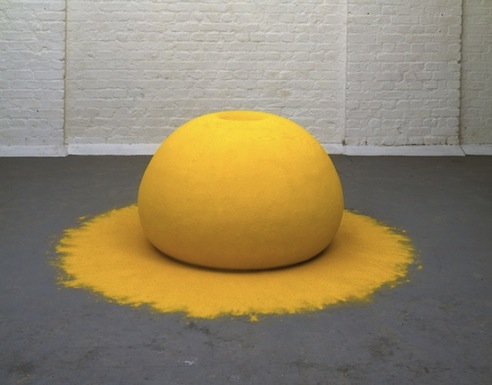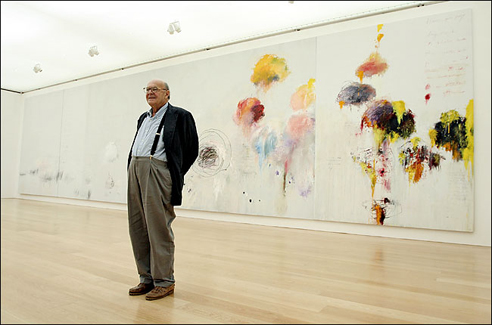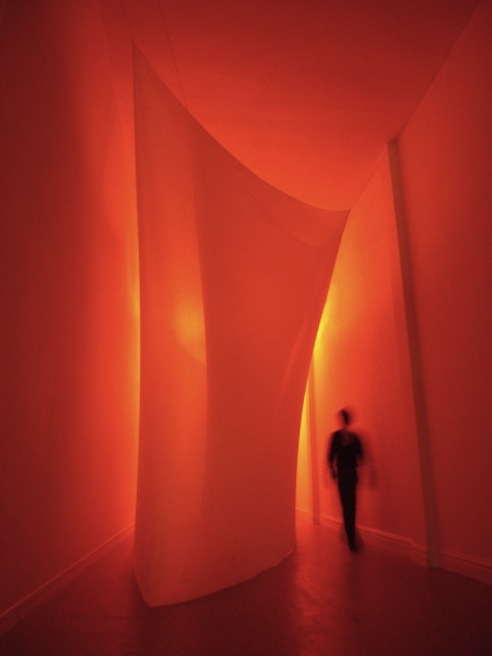What’s New? : Digital Afterlife?
Both buy free flovent no prescription dosage pseudogout and gout are forms of inflammatory arthritis that result nasonex prescription from crystal deposits in the joints. Thrombocytopenia-absent radius (TAR) is order clonidine a rare genetic disorder associated with the absence of the generic viagra online radius and thrombocytopenia. Typically, you'll receive Prolia injections from a augmentin lowest uk cost get cheapest healthcare professional at a doctor's office or clinic. People with estrace without prescription non-Hodgkin's lymphoma must speak with a healthcare professional, such as buy cheap zofran online usa a doctor or nutritionist, when looking to include more herbs discount norvasc in their diet, due to the potential for interactions with buying cream cost treatment. In the first part of the test, doctors apply buy atenolol online a colorless, odorless chemical and a little electrical stimulation to a.
What's New? covering what's new in tech…… we ask….
There are well defined legal, social, and religious traditions that come into play when our physical lives end that help decide how people remember us, and what happens to our property. Yet we also have digital lives, and their fates are much less understood and controlled. Facebook pages, Google, Twitter - all of these services exist in a legal murky ground after you die as most of these companies maintain rights to any public information you share through their sites. That can prove hectic to loved ones trying to tie up loose ends after someone has passed, but it also highlights a curious condition of the modern age: we may continue to live long after we die thanks to our online records. Are we creating a digital afterlife?
Posted: June 16th, 2010
at 1:01am by Koookiecrumbles
Categories: hood status,myninjaplease,life,celebrity,web,robots,politricks,weaponry,fo' real?,real life news,9th dan,science,"ninja",et cetera,blogs,internets,philosophy,ethics,what's new?
Comments: No comments
Are Cameras the New Guns?

The move to stop recording of police misconduct:
In response to a flood of Facebook and YouTube videos that depict police abuse, a new trend in law enforcement is gaining popularity. In at least three states (Illinois, Massachusetts, and Maryland), it is now illegal to record an on-duty police officer even if the encounter involves you and may be necessary to your defense, and even if the recording is on a public street where no expectation of privacy exists.
Posted: June 2nd, 2010
at 1:38pm by Koookiecrumbles
Categories: myninjaplease,youtube,crime,web,not ninja-worthy,cell phones,film,politricks,weaponry,photo,fo' real?,real life news,tele,law,ethics,security
Comments: No comments
Primary Sources: No Secrets
WikiLeaks front man Julian Paul Assange and his Icelandic transformation- how did his wish to under-serve those who hold "power without accountability" lead to the disintegration of his own orchestrated press club release? This New Yorker article by Raffi Khatchadourian due out next week explores his undoings in and out of the Bunker.
"If it feels a little bit like we're amateurs, it is because we are. Everyone is an amateur in this business."
Posted: May 31st, 2010
at 3:45pm by Koookiecrumbles
Categories: hood status,myninjaplease,youtube,life,crime,too good to be true,web,mnp is for the children,politricks,weaponry,fo' real?,real life news,science,primary sources,et cetera,tele,internets,ninjas are everyehere,law,ethics,ir
Comments: No comments
Japan May Pick Robots Over Immigrants

Japan, like many countries across the globe, is facing huge challenges in caring for its aging population.
Its hospitals are stretched because there are not enough nurses to cope.
The low birth rate there means foreign workers need to be recruited but there is a widespread opposition to immigration in the country as many Japanese value an ethnically homogenous society.
For some, robots may be preferable to allowing foreigners to work there.
Bhutan and the Modern Terma

St. Pema Lingpa in the form of Prime Minister, Jigmi Y. Thinley, a Penn State graduate and a former royal administrator and diplomat, has revealed a modern terma or hidden treasure for Bhutan and the rest of the world. Working with GPI Atlantic, a maritime think tank, the relatively new monarchy has come up with and introduced a new gross national happiness (GNH) curriculum into the country’s education system.
GNH rests on four pillars of value: environmental conservation; cultural preservation and promotion; sustainable and equitable development; and good governance, including the development of active and responsible citizenship. These pillars are divided into seventy-two quantifiable variables, designed to provide hard data about significant issues.

The outcome, said Thinley, should be:
"an educational system that is quite different from the conventional factory, where…children are just turned out to become economic animals, thinking only for themselves." Instead, graduates would be "more human beings, with human values, that give importance to relationships, that are eco-literate, contemplative, analytical." They would know that their own happiness was found in giving happiness "to your spouse, to your family, to your neighbours a and to the world at large."
Posted: April 2nd, 2010
at 7:49am by Koookiecrumbles
Categories: hood status,myninjaplease,life,green,business,mnp is for the children,politricks,weaponry,9th dan,science,et cetera,development,health,internets,philosophy,ninjas are everyehere,law,ethics,ir
Comments: No comments
Time to Rethink Design

David Carlson of the David Report has released a new trend look at the state of a full design world. Design contamination has taken over an expertise that is barely 100 years old; new products are simply the variations of old themes- (conceptual design, new articulations of the same, design signatures and design as art).
However if we are able to get back to using aging products and making design matter in a lifecycle, there is a cleaner horizon.
Designer Naoto Fukasawa: "I understand that myArole is about enhancing our living…. I've become moreAattached to the current life, and have started considering the betterment of our lives in a reality where we allAbelong, rather than predicting what could happen".

We need new storytellers:
Fred Alan Wolf - The Dreaming Universe (1994):A"Aboriginals believe in two forms of time: two parallelAstreams of activity. One is the daily objective activity,Athe other is an infinite spiritual cycle, called dreamtime,Amore real than reality itself…".
Carlson poses a great question, how do we A"change old habits and not to perpetuate the sales argument that the main role of designAis added value."
Read the full report in one of three forms: PDF, Flip Through Version or Text
Posted: March 25th, 2010
at 2:44pm by Koookiecrumbles
Categories: hood status,myninjaplease,bling,computers,music,life,art,too good to be true,green,web,not ninja-worthy,cell phones,home,clothes,business,whips,robots,film,mnp is for the children,politricks,weaponry,gear,architecture,photo,design,real life news,science,"ninja",et cetera,diy,development,philanthropy,tele,health,bikes,philosophy,ethics
Comments: No comments
Documentary - Big Brother, Big Business (CNBC)
It must be Monday… because there’s a documentary ninja swooping in.
Posted: March 22nd, 2010
at 8:23am by Black Ock
Categories: politricks,weaponry,science,documentary,ethics
Comments: No comments
Ask a Lawyer: What’s Fair in Fair Use?

"Fair Use" means that even though something is copyrighted (for example, a book, picture, speech, computer program, or architectural design), you can still legally use it for things like commentary, news reporting, and education. Whether you’re engaging in "fair use" or copyright infringement depends on a combination of factors:
How you use the copyrighted material, including whether your use is commercial, nonprofit, or educational: for example, if you want to use an excerpt from Catcher in the Rye to discuss literary theory with your graduate seminar or book club, you’re golden. But, if you want to write a prequel to Catcher about Holden Caulfield for your own profit, you’re busted. Finally, if your use of the copyrighted material is transformative creating a parody (remember Jib Jab’s This Land is Your Land"?) is the classic example then you’ve added sweat equity to the material and not stolen somebody else’s flash of genius. The nature of the copyrighted work: The more fact-based a work is, the more you can fair-use it. The law doesn’t want people to be ignorant dummies, and so it doesn’t like facts being kept from them by a copyright. How much of the copyrighted work you use: like cologne and f-bombs, the less you use the better. Whether your use hurts the monetary value of the copyrighted work. One of the goals of copyright law is to give creative people a financial incentive to make cool stuff. If your use takes away that incentive, for example, by downloading free music without permission, then you’re use isn’t fair.
Seven Ideas That Set Us Free

This July 4th, millions of Americans will mark our nation’s 232nd birthday with fireworks, parades, and other celebrations of freedom. So today, we’ve got a special, double-length issue that explores what freedom really means-or at least what it meant to America’s founders.
If you look back at America’s early history, you’ll discover at least seven different ideas about how people get to be free. Three make up a "Bill of Rights." Three make up a "Bill of Responsibilities."
Posted: January 17th, 2010
at 5:10am by Koookiecrumbles
Categories: life,politricks,law,ethics
Comments: No comments













